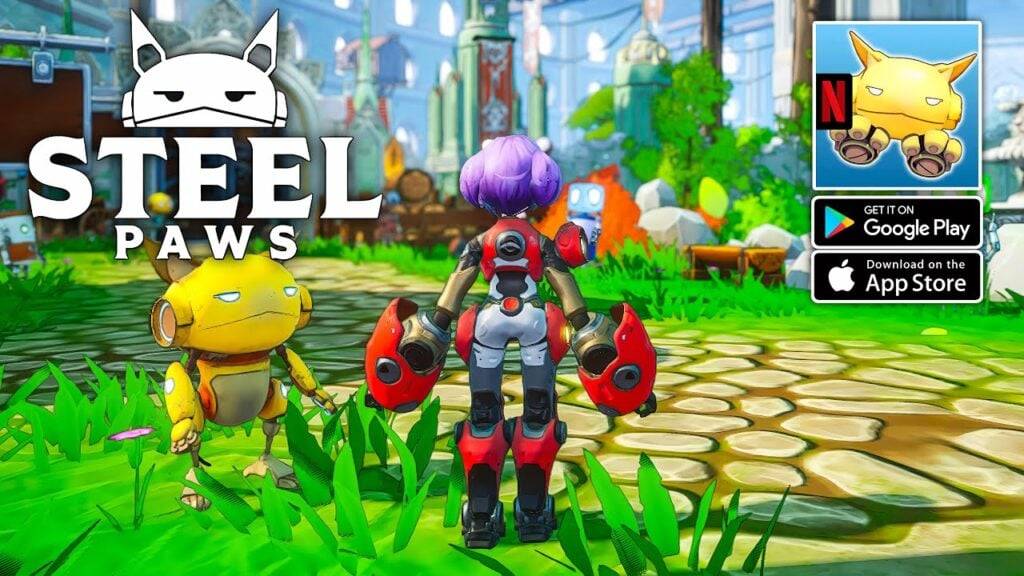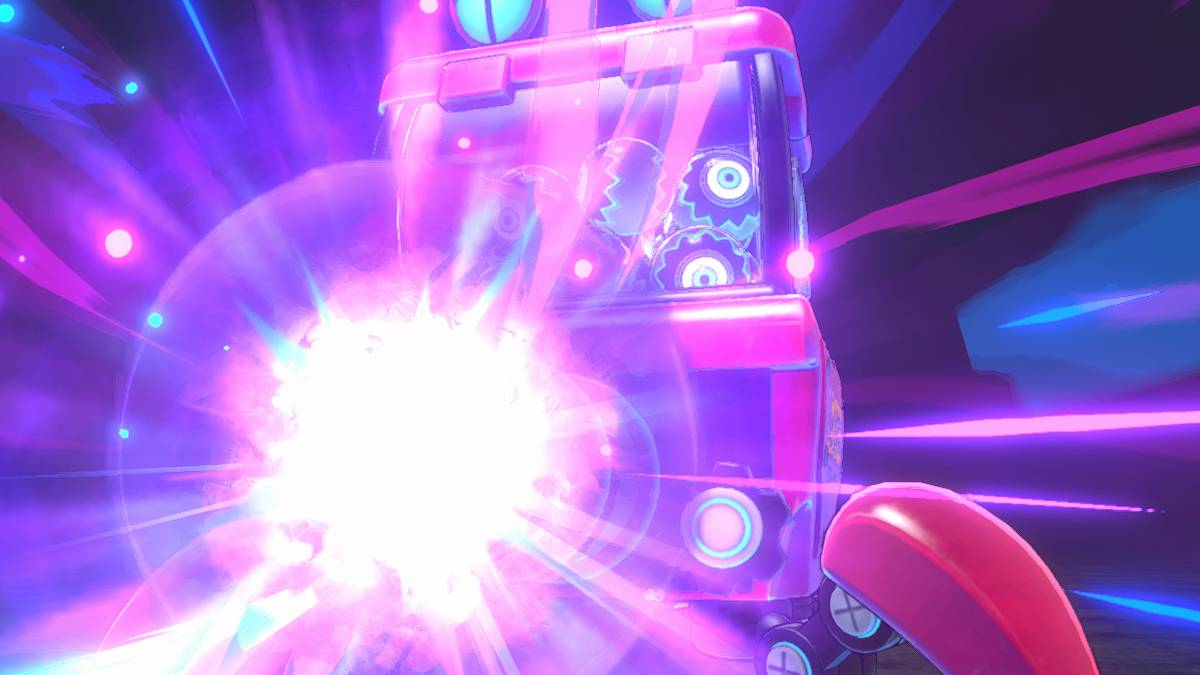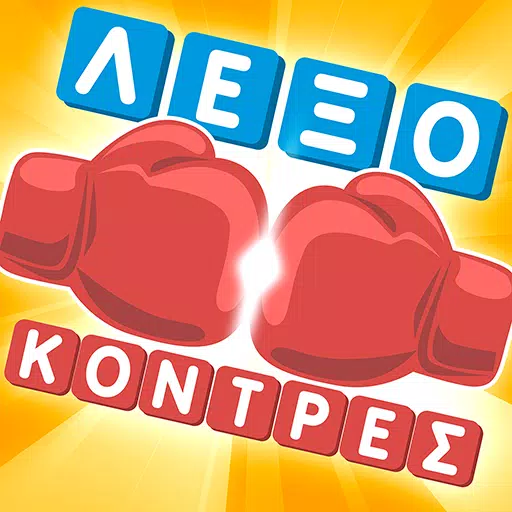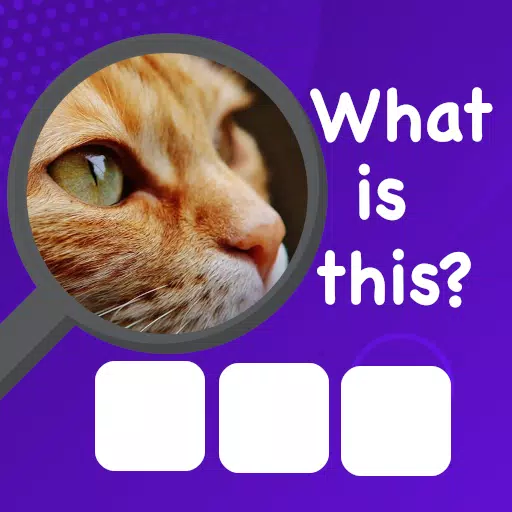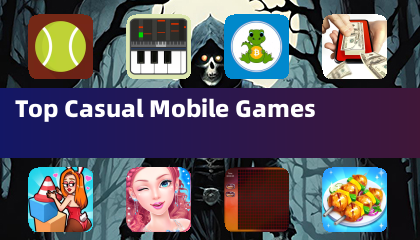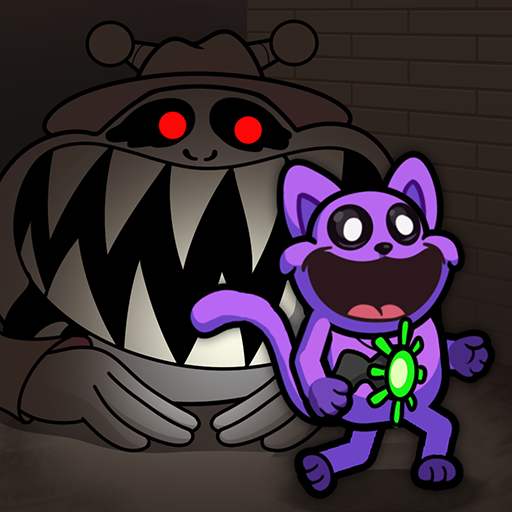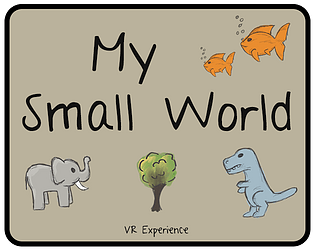Over the weekend, one of the most significant news stories was the temporary banning of TikTok in the United States. This action came after a congressional act labeled TikTok as a "foreign adversary controlled application." The ban took effect on Sunday, but President-elect Donald Trump quickly pledged to restore its service. ByteDance, the owner of TikTok, promptly brought the app back online. However, other applications from ByteDance subsidiaries faced a different fate.
Notably, Marvel Snap, a popular comic-themed card battler developed by Second Dinner, was also taken offline in the U.S. alongside other releases like Moonton’s Mobile Legends: Bang Bang. ByteDance’s message was clear: accept all their offerings or receive none. This sudden move caught Second Dinner off guard, leaving them to manage the fallout on social media platforms like Twitter. They've committed to restoring Marvel Snap to service quickly, but this situation has raised troubling questions.
It's evident that ByteDance's decision to pull TikTok offline, and then spotlight Trump as its potential savior, was a strategic move to generate buzz. This strategy appears to have worked, as TikTok was reinstated in dramatic fashion. However, this political maneuver also impacted other gaming releases, leaving developers like Second Dinner in a lurch. To compensate for the downtime, Second Dinner has promised lucrative rewards to players once Marvel Snap is back online.
While Second Dinner is unlikely to abandon their partnership with ByteDance, this incident has likely shaken their confidence. It underscores ByteDance's prioritization of its social media platform over mobile gaming ventures. ByteDance's history of sidelining gaming was evident in 2023 when they laid off hundreds of employees from their gaming division and canceled numerous projects. Since then, partnerships like the one with Marvel Snap hinted at a new direction, but this breach of trust could make other developers and publishers wary of future collaborations with ByteDance.
The situation also affects other stakeholders, such as Disney, which recently saw a boost in mobile gaming relevance with the release of NetEase’s Marvel Rivals. While ByteDance may have outmaneuvered politicians, the repercussions for players, developers, and IP holders could be significant.
There's growing concern that ByteDance might just be the beginning, with other Chinese gaming giants like Tencent and NetEase potentially facing similar scrutiny. The FTC has already targeted MiHoYo over loot boxes, indicating that gaming could remain a political battleground. ByteDance's successful gambit with TikTok sets a precedent that might worry gamers whose favorite games could become pawns in international political disputes.
The impact of such political actions on gaming communities is profound. When a beloved pastime like Marvel Snap is abruptly removed due to political maneuvers, it raises questions about the stability and future of gaming as an industry. This situation highlights the delicate balance between entertainment and politics, reminding us of the adage about bread and circuses, which could have far-reaching consequences for all involved.
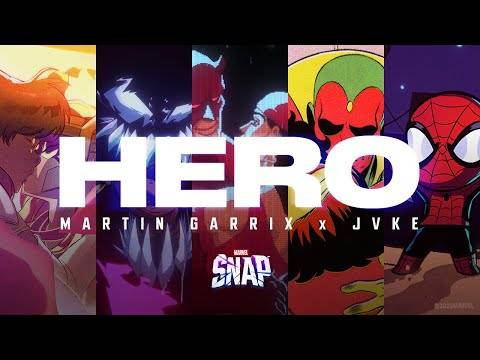 Catch!
Catch!
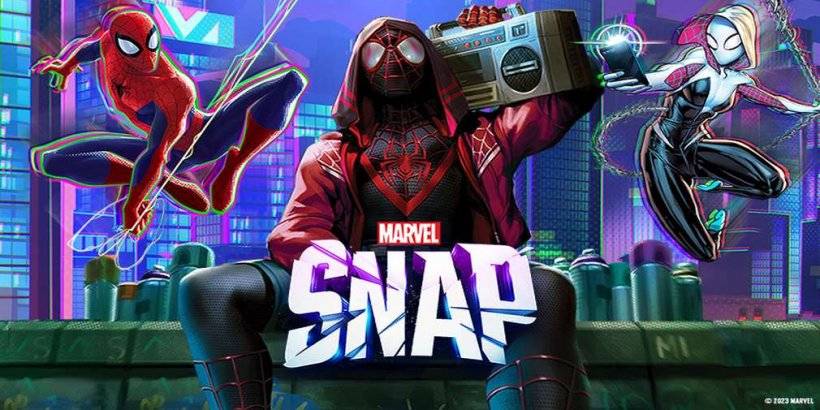 Game over
Game over
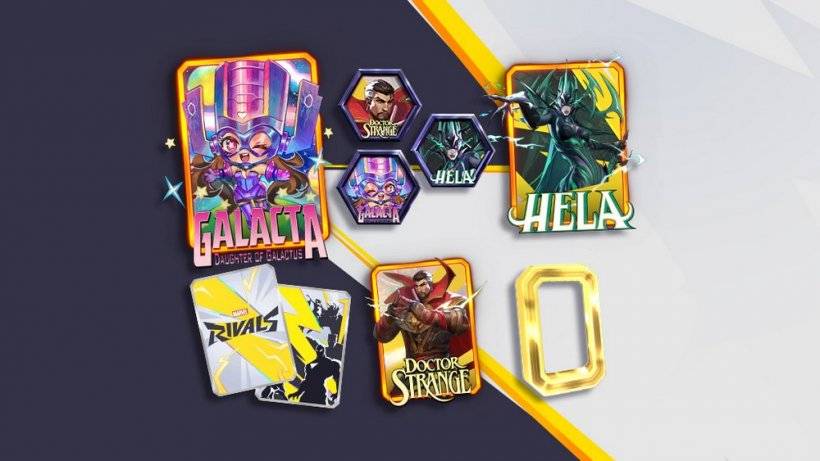 They think it’s all over…
They think it’s all over…

